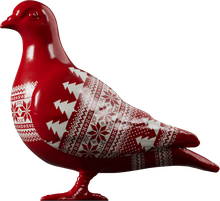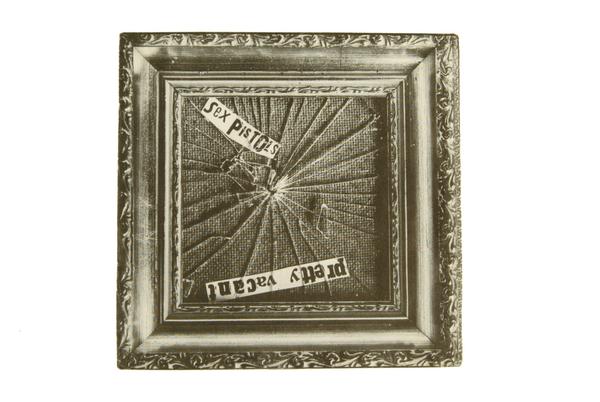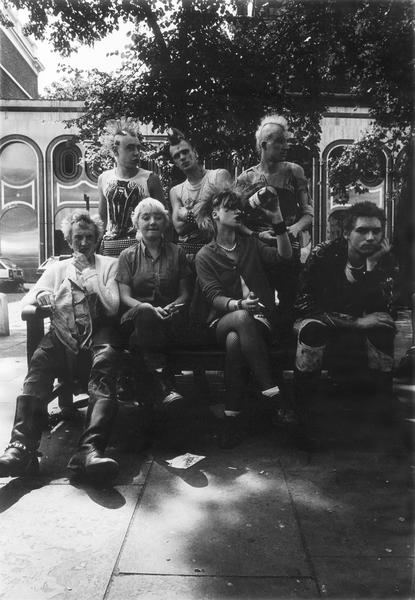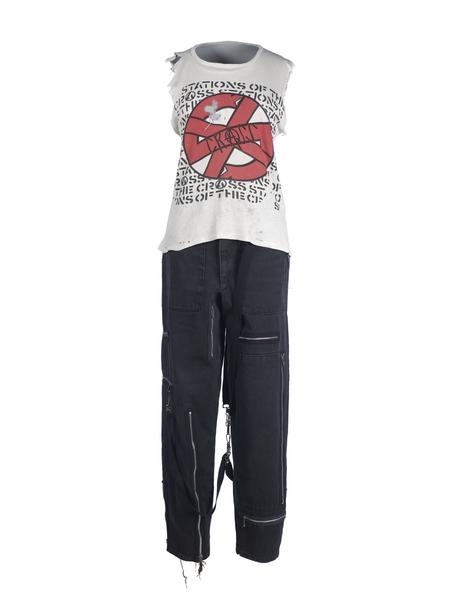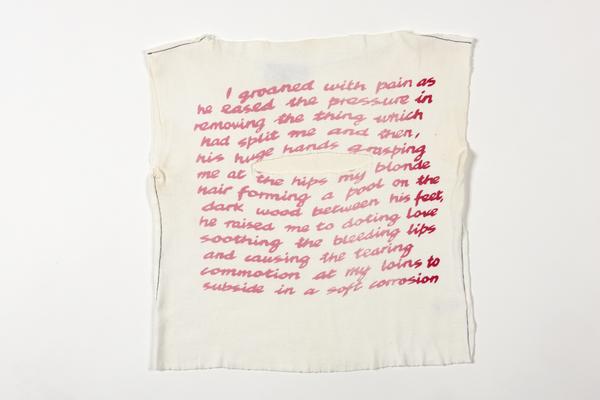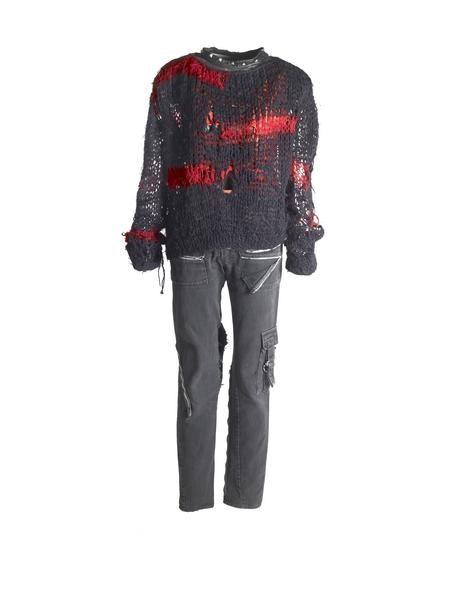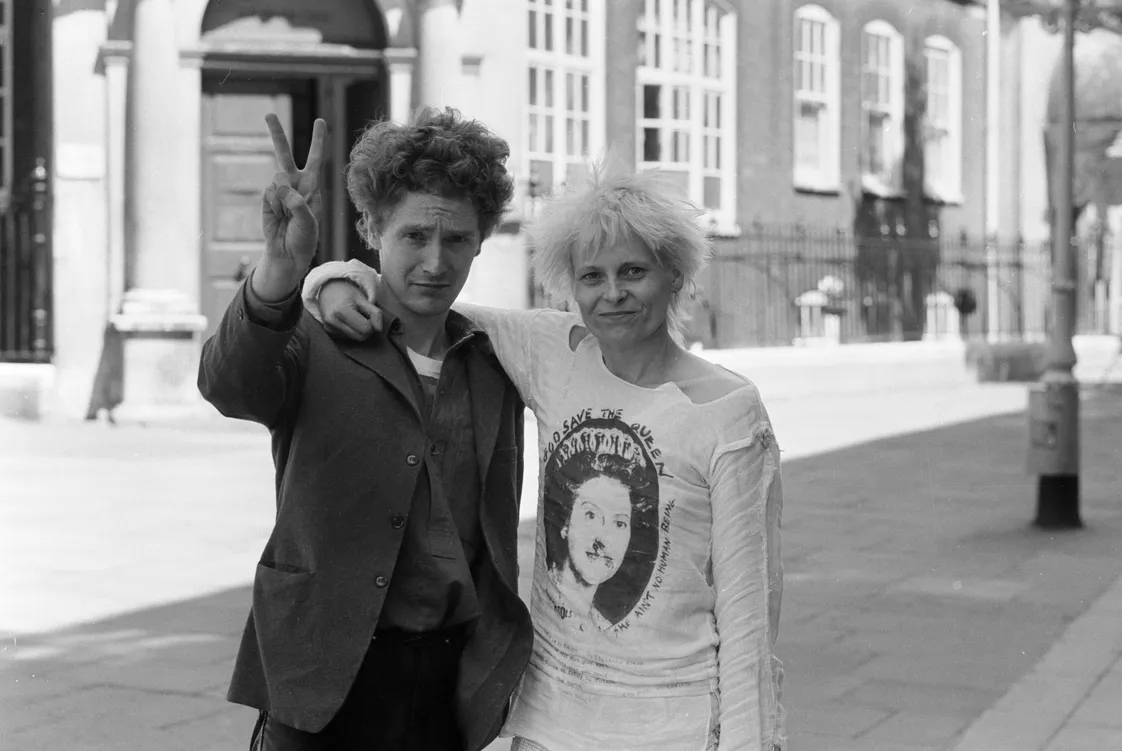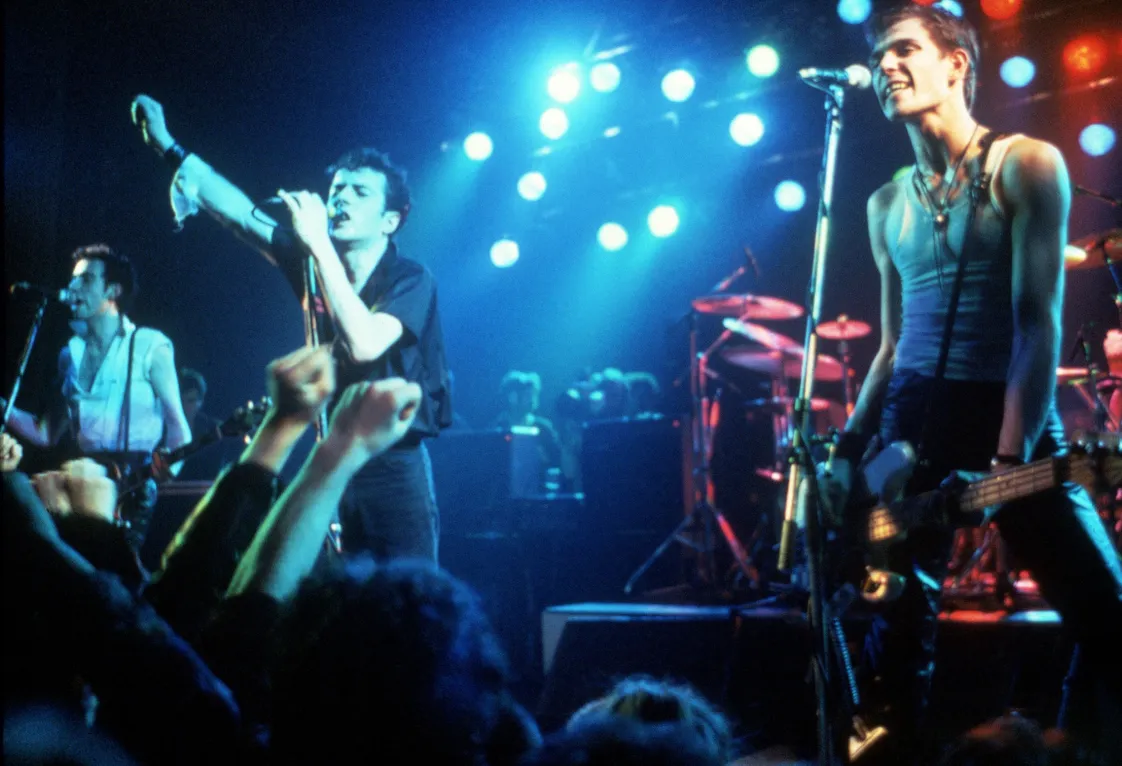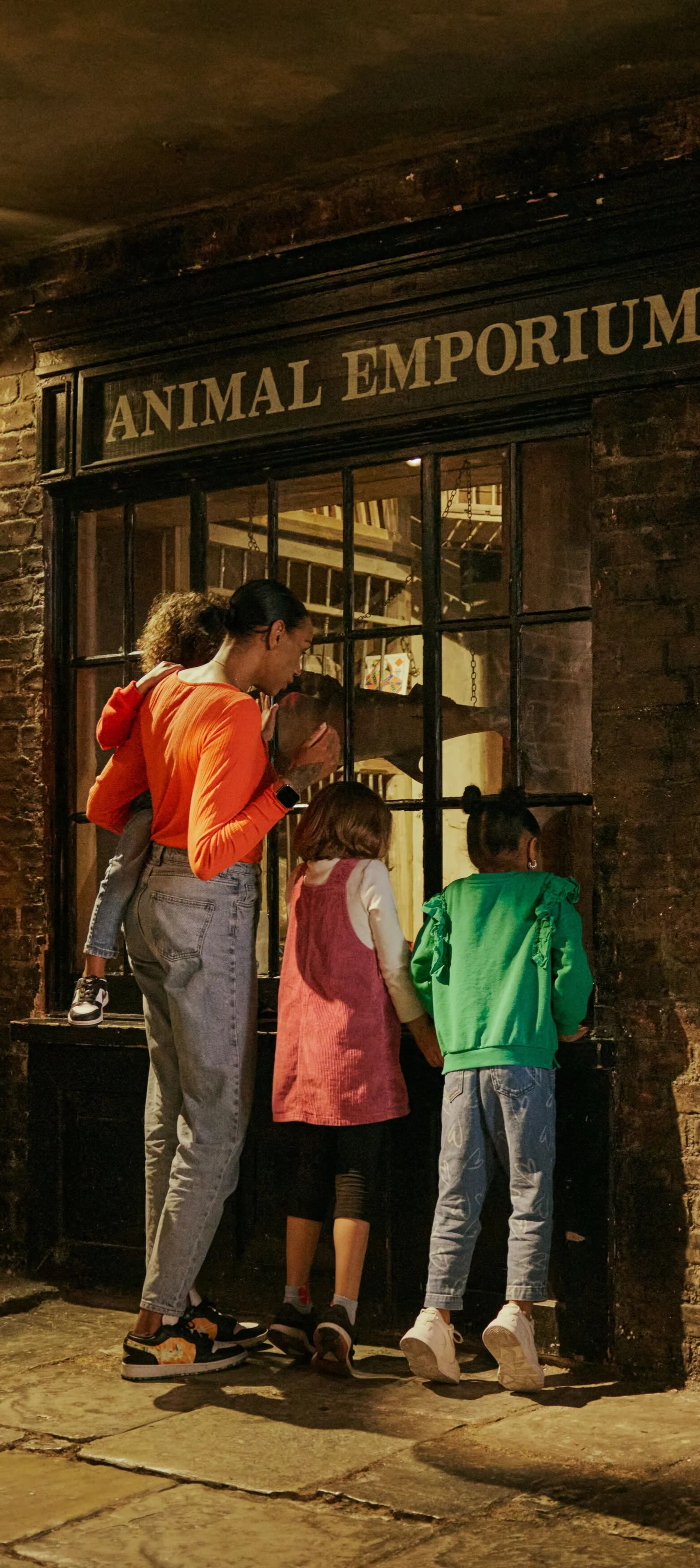Sex Pistols: London’s resident punk rebels
Irreverent, high-octane, youthful rage personified: the Sex Pistols were at the forefront of London’s emerging punk scene in the mid-1970s. And in their two-and-a-half years of existence, they became one of the most talked-about bands in Britain.
1975–1978

Before there was the Sex Pistols
The Sex Pistols evolved from a teenage band called The Strand, or The Swankers, founded in 1972 by Steve Jones and Paul Cook. Bassist Glen Matlock joined in 1974. He worked at Malcolm McLaren and Vivienne Westwood’s shop Sex on Chelsea’s King’s Road. Malcolm McLaren took an interest in their band.

How the Sex Pistols got their name
McLaren became their manager in 1975. He invited John Lydon, aka, Johnny Rotten, to join after spotting him in an “I hate Pink Floyd” t-shirt on King’s Road. McLaren renamed the band the Sex Pistols to promote the shop. Band members wore the store’s provocative clothing, designed by Vivienne Westwood.
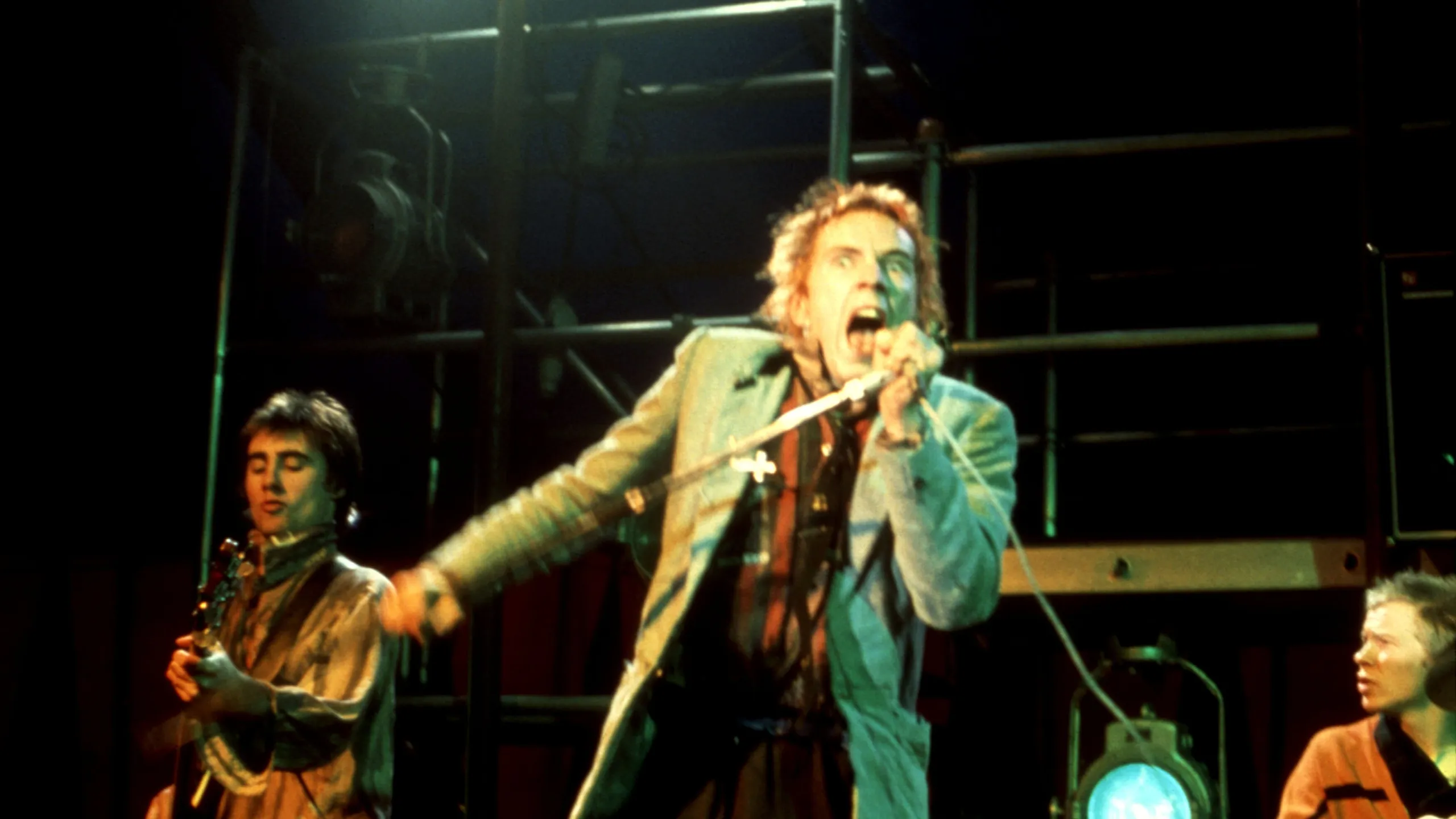
The Pistols’ early gigs
Their first show in November 1975 was in a small room at St Martin’s School of Art, central London. Jones remembers it was so loud it was like “a jumbo jet landing in your living room”. Soon, they had gigs across Britain. They played the historic Punk Special festival at London’s 100 Club in May 1976.
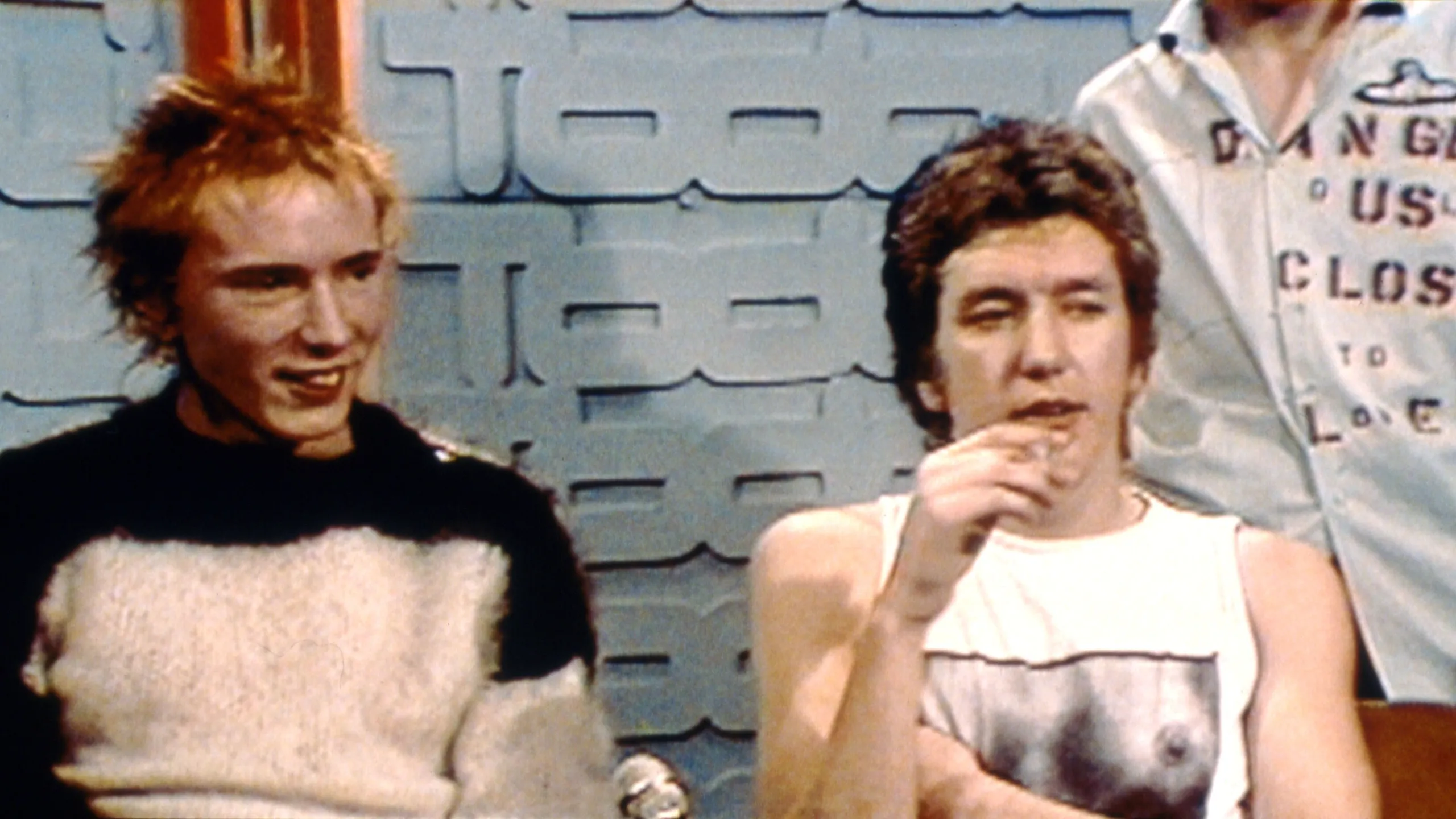
Anarchy in the UK – their first single, and their first major controversy
EMI Records released the band’s first single, Anarchy in the UK, in November 1976. In December, the Pistols swore on live television, reacting to the show’s dismissive presenter. Gigs were cancelled and EMI sacked them. In February 1977, Matlock left and was replaced by John Simon Ritchie/Beverley, aka, Sid Vicious.
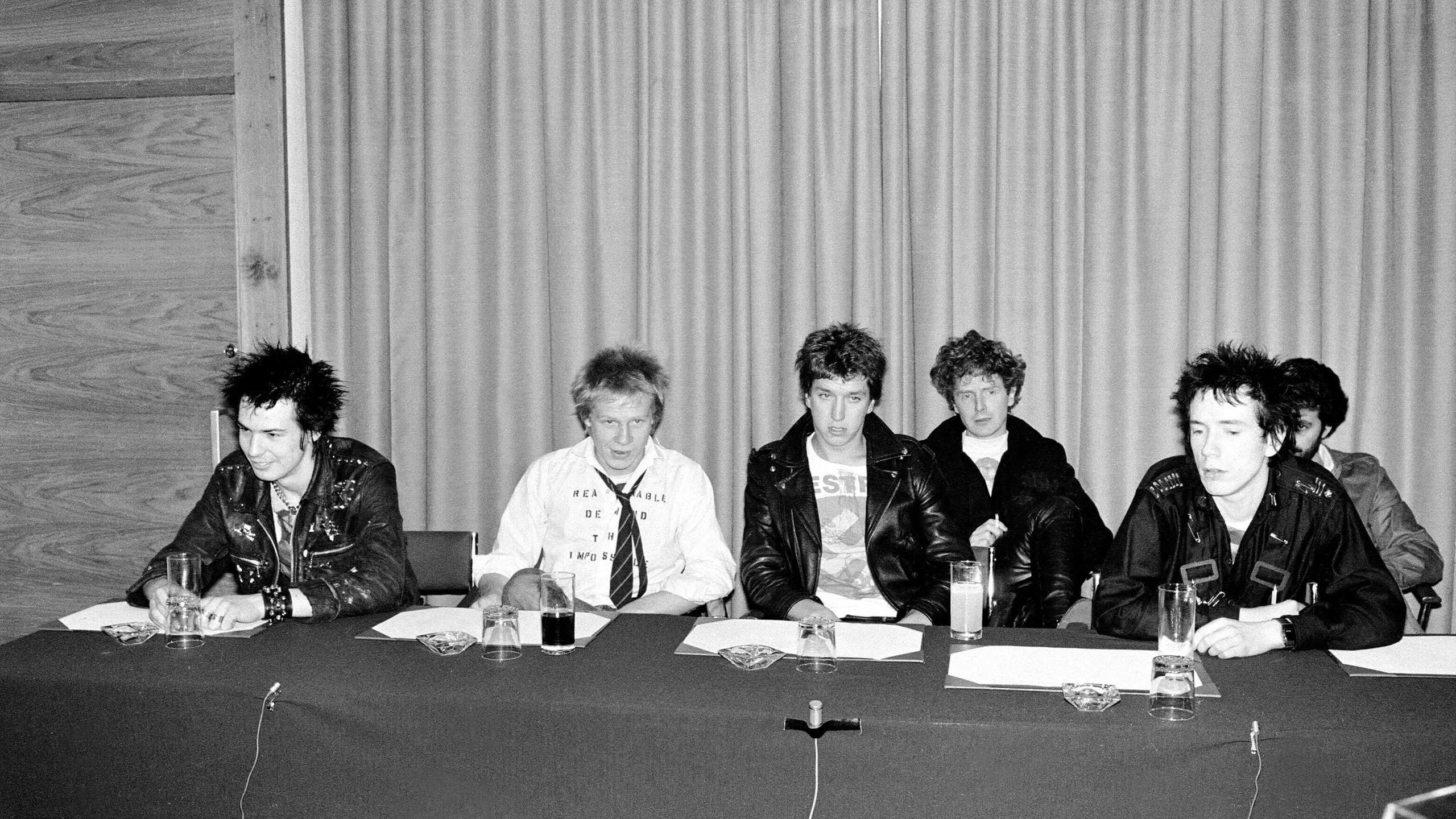
God Save the Queen
God Save the Queen, a song critical of monarchy and the state, came out in 1977, the year of Queen Elizabeth II’s Silver Jubilee. The band signed to A&M Records in March, but were sacked days after signing the contract outside Buckingham Palace. The relatively new Virgin Records released the single in May.
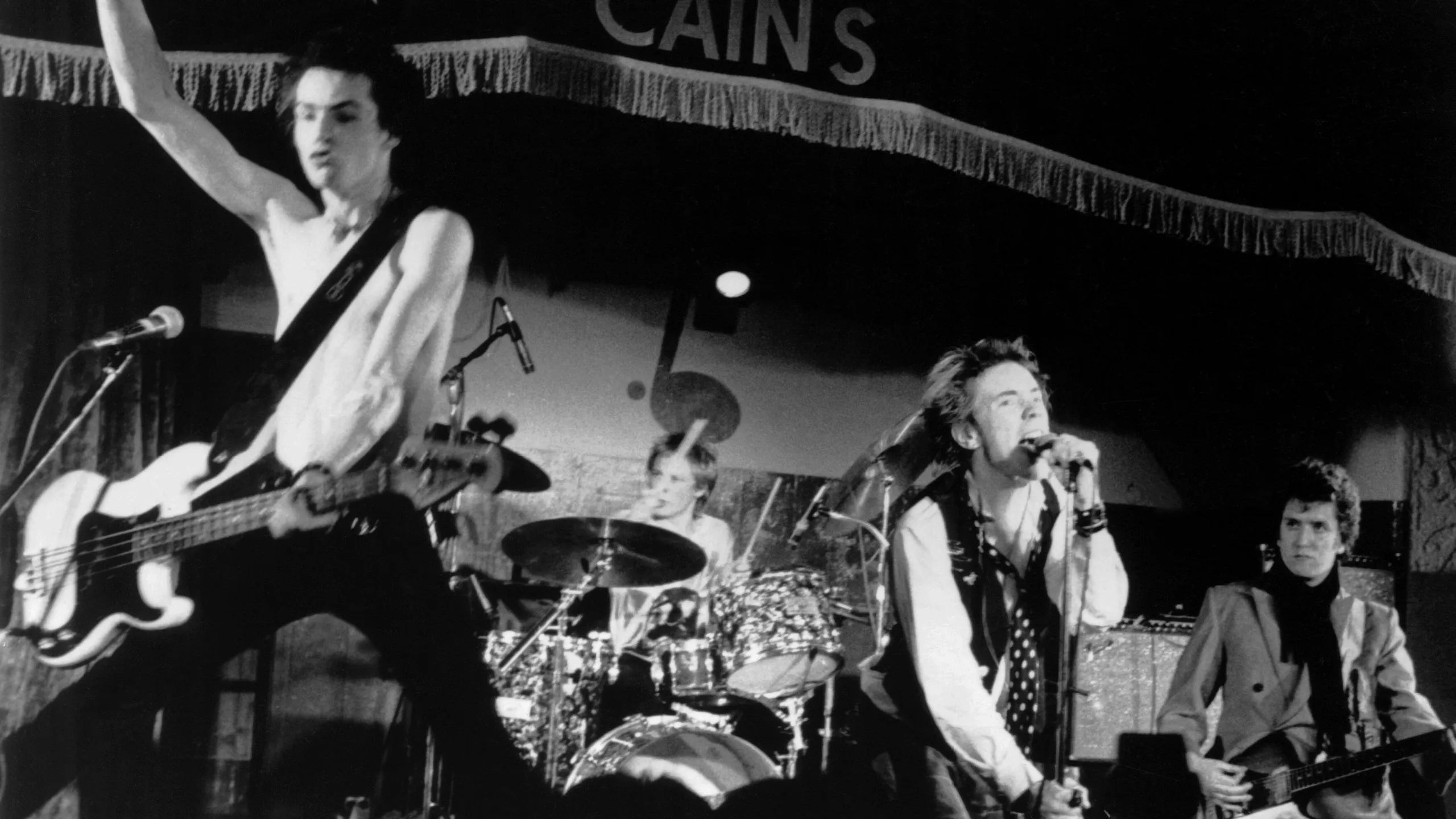
The Pistols become public enemies
The single's anti-authority message caused huge controversy. Though banned by many radio stations and retailers, it was still wildly popular and reached number two on the charts. The band tried to perform it on a boat on the Thames during the Jubilee celebrations in June 1977. But the police were called and McLaren was arrested.

Never Mind The Bollocks, Here’s The Sex Pistols
The Pistols’ debut album went straight to the top of the charts on its release in October 1977. It featured Pretty Vacant, their second top ten single. Ferocious, venomous and energetic, Never Mind the Bollocks resonated with Britain’s young people and encouraged them to form their own bands.
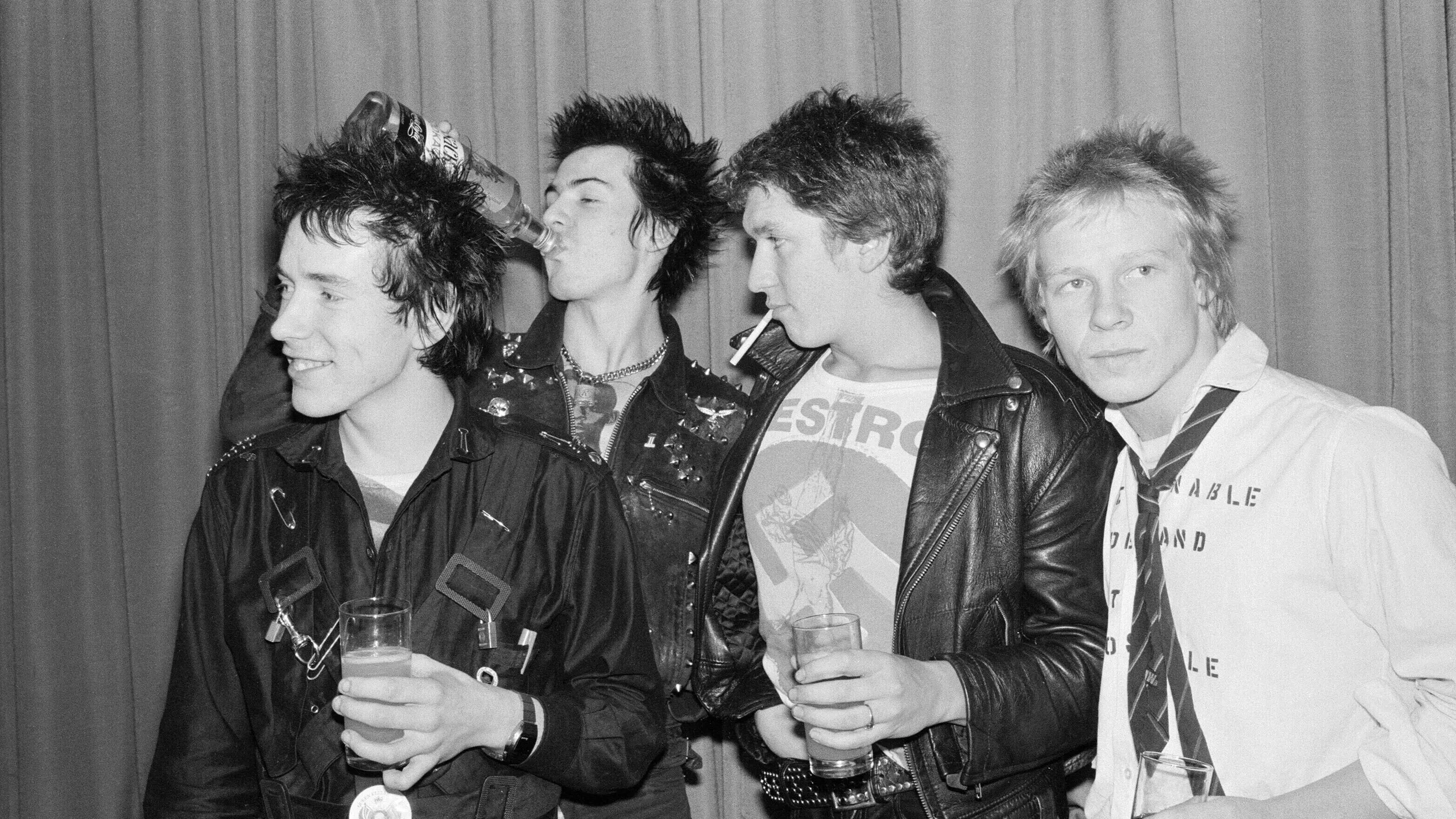
When did the Sex Pistols break up?
The Pistols played the final gig of a turbulent United States tour on 14 January 1978. Relationships between band members had deteriorated, and so had Vicious’ health, who was hospitalised after a drug overdose a few days later. The next day, on 18 January 1978, Lydon announced the band had split.

